September 19, 2018
RICS announces standards to tackle unfair commercial property service charges

New mandatory requirements that will ensure service charges to commercial tenants are transparent, upfront and fair, and that any costs incurred are in accordance with the terms of the occupational leases, have been announced by RICS. The Institute, which has long called for a fairer and more professional approach to property management to help outlaw “rogue” landlords and managing agents says ‘Service charges in commercial property’ will help regulate the activities of landlords and their agents, whilst protecting tenants from having to pay for unscrupulous repair or maintenance costs. It has worked with major property bodies representing owners, occupiers and managing agents – including BPF, BRC, BCO, PMA, CoreNet, REVO, PMA alongside ICAEW and Law Society, the professional bodies for accountants and lawyers – to produce the recommendations that reflect the needs and opinions of landlords and tenants and the specific considerations of different sectors.






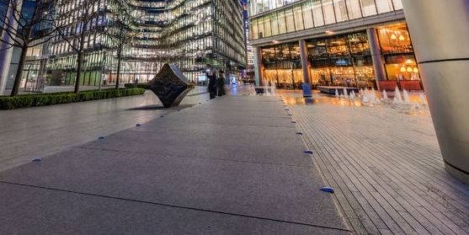






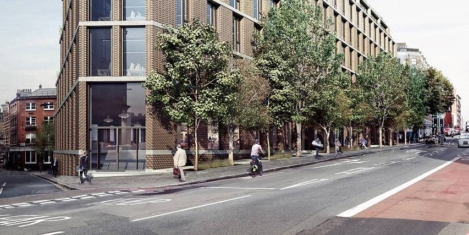



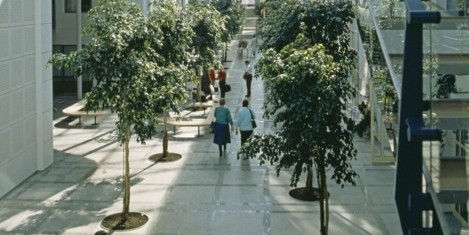
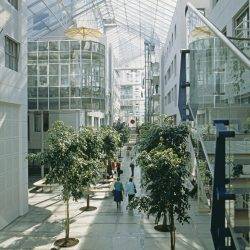
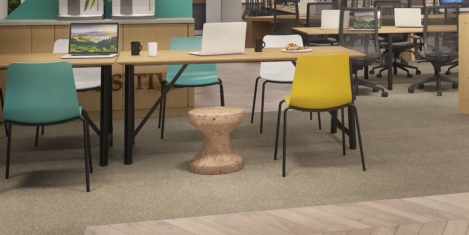




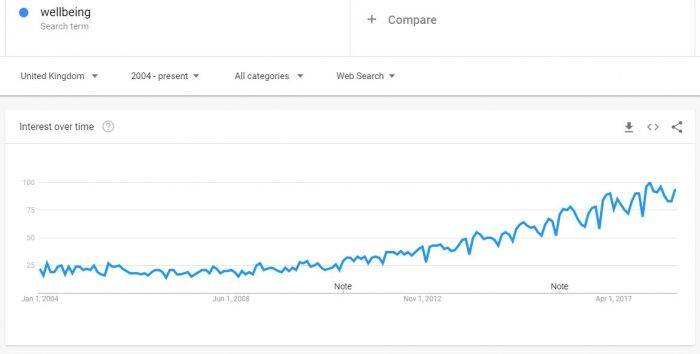





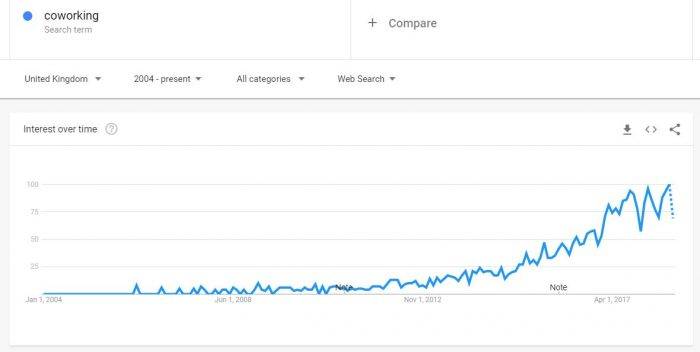
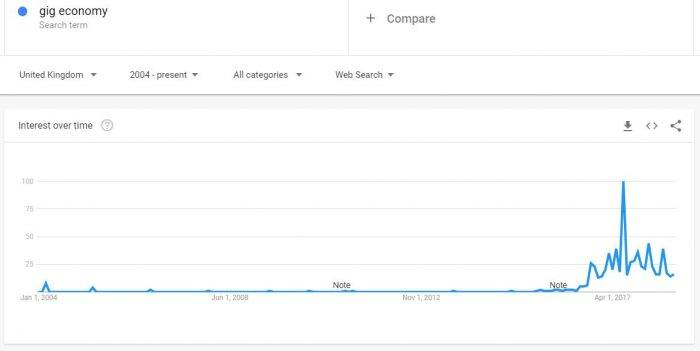
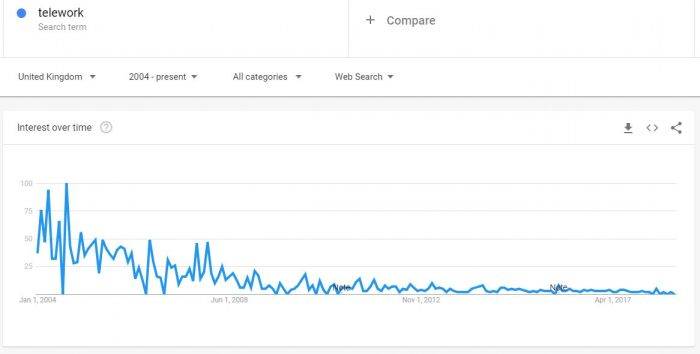
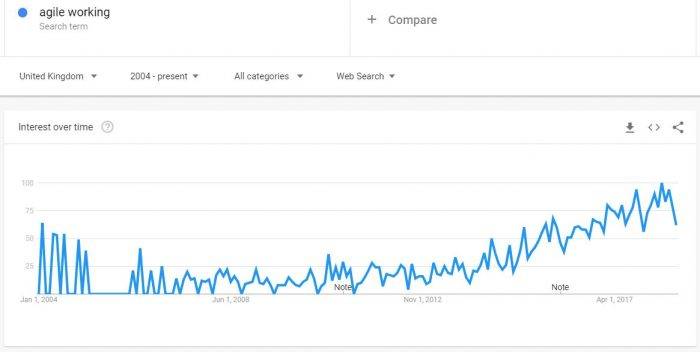











September 18, 2018
Building a culture of creativity that unites the physical and digital workplace
by Serena Borghero • Comment, Technology, Workplace design
(more…)